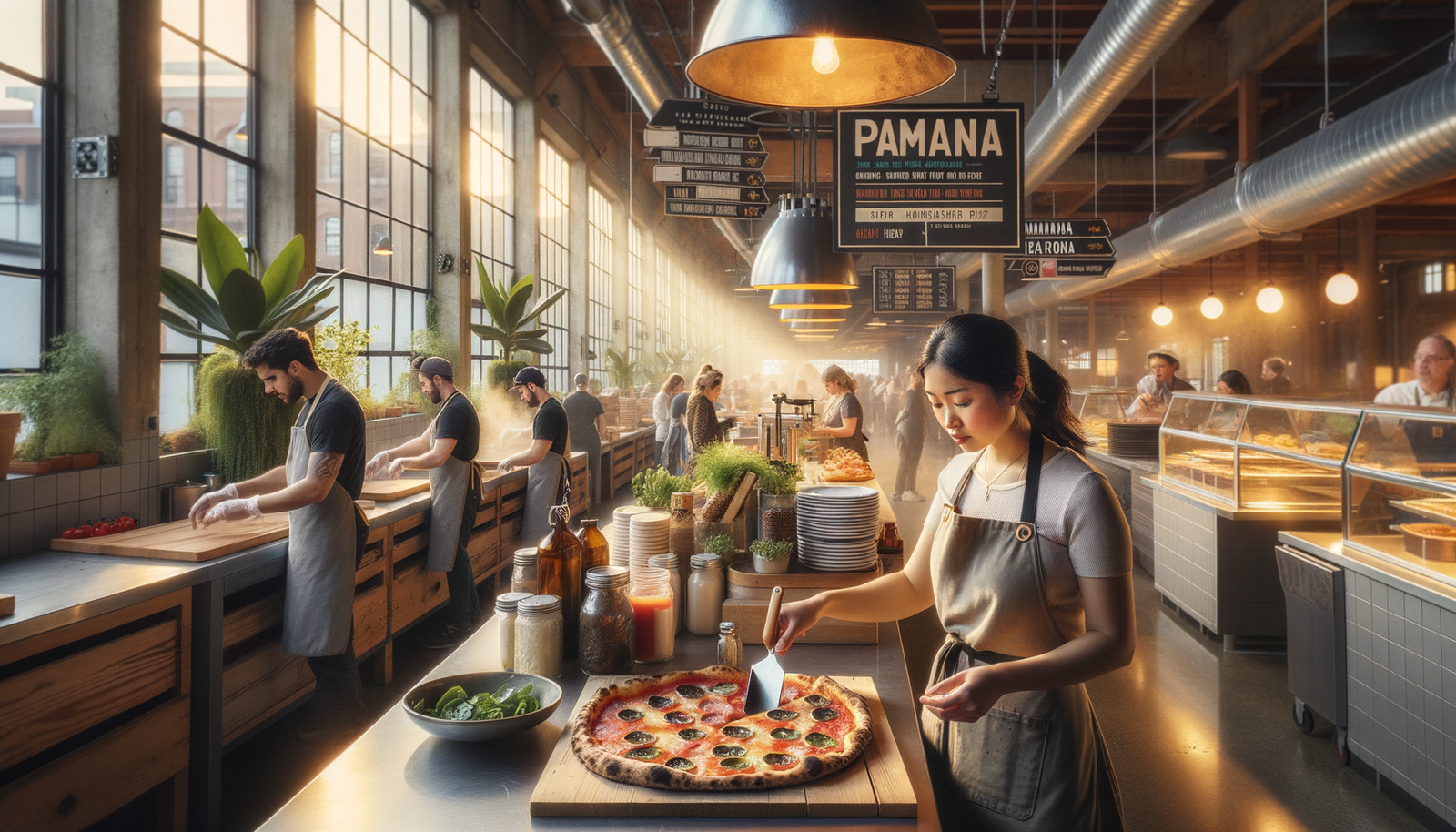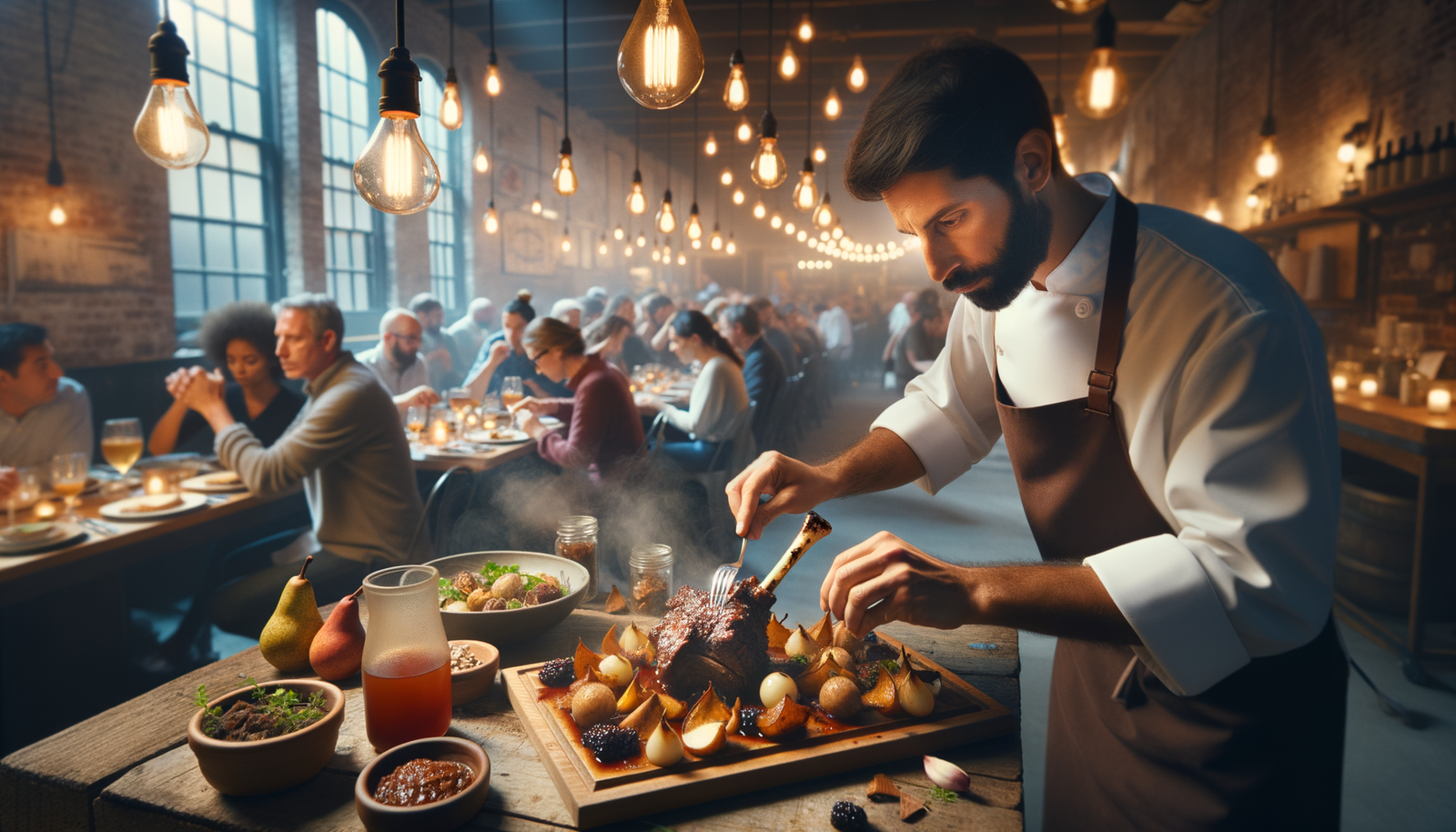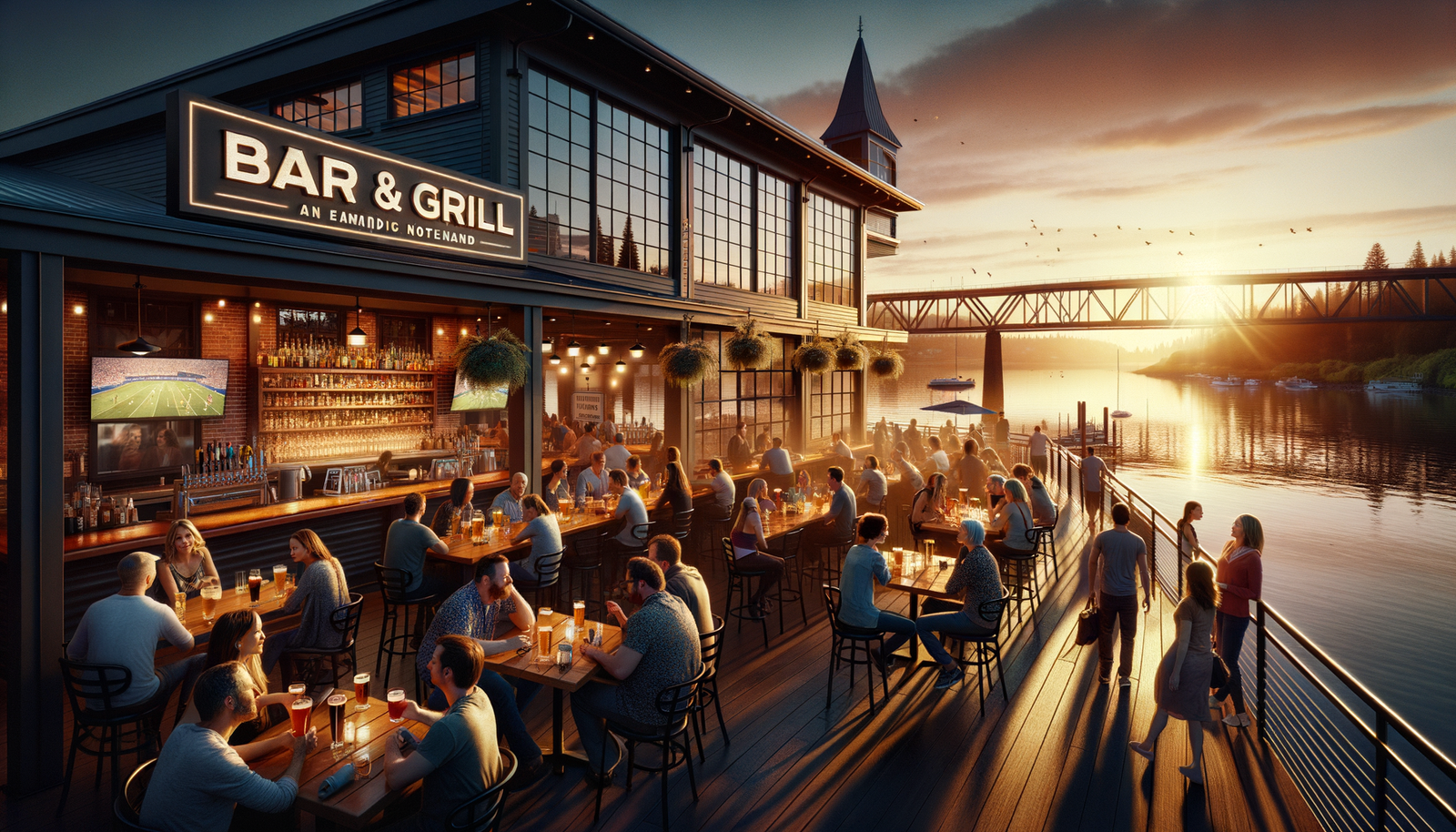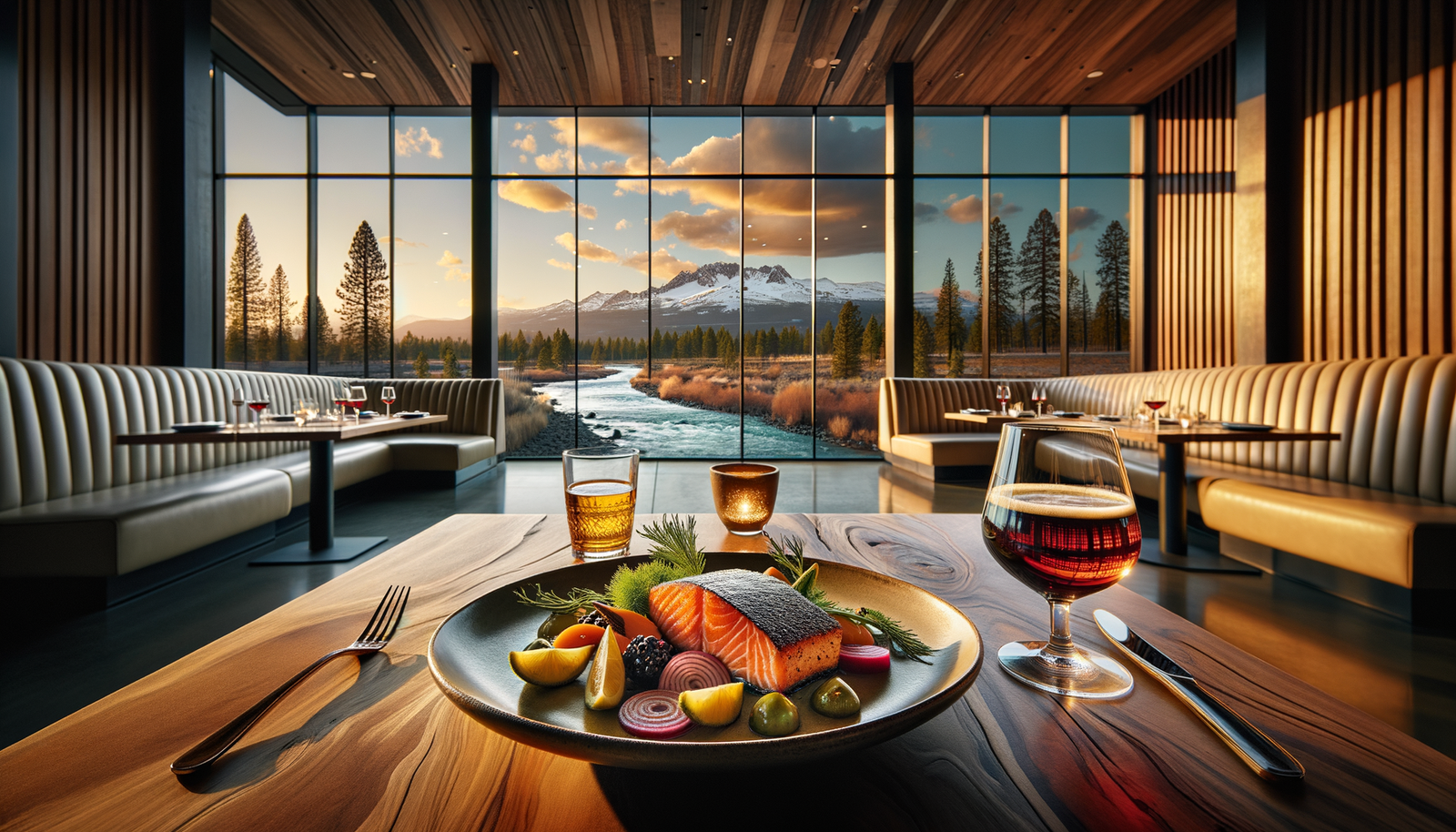Portland, Oregon, continues its dynamic culinary evolution throughout 2025, a year marked by a vibrant influx of new restaurants, cafes, and bars, alongside the inevitable transitions of established eateries. This period reflects the city’s resilient spirit, adapting to new trends and economic landscapes while maintaining its reputation as a hub for innovative and diverse dining experiences.
September Ushers in New Culinary Arrivals
As September 2025 unfolds, Portland’s food scene is buzzing with anticipation for several key openings. Pamana, a new Filipino restaurant from the owners of the popular Baon Kainan food cart, is set to officially open its doors on September 3rd at The Hoxton hotel, bringing cherished Filipino breakfast dishes and plans for future dinner concepts. Coinciding with this, Andiamo Pizzeria will celebrate its soft opening on September 1st in the South Waterfront, offering upscale, wood-fired pies with a spirit of global travel. Further bolstering the city’s pizza offerings, Proof Pizza is projecting a brick-and-mortar opening during the first week of September in SE Portland, expanding their popular Chicago-style thin crust tavern pies. Other anticipated September debuts include Coquelico, Hey Luigi, Mikiko Mochi Donuts, Nevermind, Social Kitchen (in Vancouver), and BEST Coffee, all contributing to a robust start to the autumn season.
A Year of Diverse Openings Across the City
The year 2025 has already seen a significant number of new establishments contributing to Portland’s rich tapestry of flavors. Earlier in the year, spring welcomed noteworthy ventures such as Yum’s of PDX, bringing Neo-Neapolitan pizzas, and the reopening of Okta Farm and Kitchen. The trend of culinary fusion is clearly evident, with establishments like Terra Mae offering a cross-continental blend of Portuguese and Japanese cuisine, and the newly opened Javelina and Inisha focusing on Indigenous cuisine, filling a notable gap in the city’s dining landscape. Food halls and expanded cart pods, like the upcoming Array Food Hall and Delta Carts Food Pod, continue to be popular models, showcasing a wide array of street food options. The craft beverage scene is also thriving, with new bars and breweries consistently adding to the city’s social offerings.
Looking Ahead: Projections for 2026
The forward-looking trajectory of Portland’s food industry remains strong, with several promising projects slated for 2026. Among the most anticipated is the phase one opening of the James Beard Public Market in downtown Portland, aiming to become a central showcase for regional producers and artisans. Additionally, developments like the Hollywood Bar and Carts and the PDX Food Pod signal continued expansion and innovation within the food cart community, highlighting a persistent demand for accessible and diverse culinary options.
Transitions and Farewells: Notable Closings in 2025
While the year has been marked by exciting new beginnings, it has also seen several beloved restaurants and bars close their doors. Throughout 2025, establishments ranging from quick-service spots to established dining venues have announced closures. Notably, August saw the departures of Chopped Cheese, Backyard Social, Barista Brew, and Suki’s, among others. Earlier in the year, businesses like Cocktail Mary announced semi-permanent closures, hoping for future reopenings, while others, such as Rebel Munchies and Libations and Little Brother Chinese Food, have ceased operations permanently. These closures, often attributed to rising costs, labor challenges, and evolving market dynamics, underscore the persistent pressures faced by the hospitality sector.
Industry Pulse: Trending Flavors and Economic Realities in Oregon
The culinary trends bubbling up in Portland for 2025 highlight a consumer desire for both novelty and comfort. Functional mushrooms, spicy honey infusions, and vibrant Southeast Asian flavors are proving particularly popular, reflecting a broader national trend towards wellness-centric ingredients and global tastes. Sustainability and local sourcing continue to be paramount, influencing menu development and consumer choices. However, the industry in Oregon, like much of the nation, grapples with significant challenges. Rising minimum wages, increasing food and labor costs, and the ongoing impact of credit card transaction fees and third-party delivery platforms continue to exert financial pressure on operators. The Oregon Restaurant & Lodging Association (ORLA) remains active in advocating for policies that support the hospitality industry, addressing issues from statewide wage pre-emption to exploring association health plans. This complex economic environment shapes the decisions of both new ventures and established businesses, making adaptability and innovation critical for survival and growth.
A City That Keeps Reimagining Its Menu
Portland’s food scene in 2025 is a testament to its enduring creativity and resilience. The constant cycle of openings and closings reflects a city that is always exploring new culinary frontiers, embracing diverse influences, and adapting to the economic realities of the day. From the anticipated September openings to the year’s broader trends and the ongoing efforts to support local businesses, Portland continues to offer a dynamic and exciting landscape for food lovers and restaurateurs alike, solidifying its place as a must-visit destination for innovative dining in Oregon and beyond.




